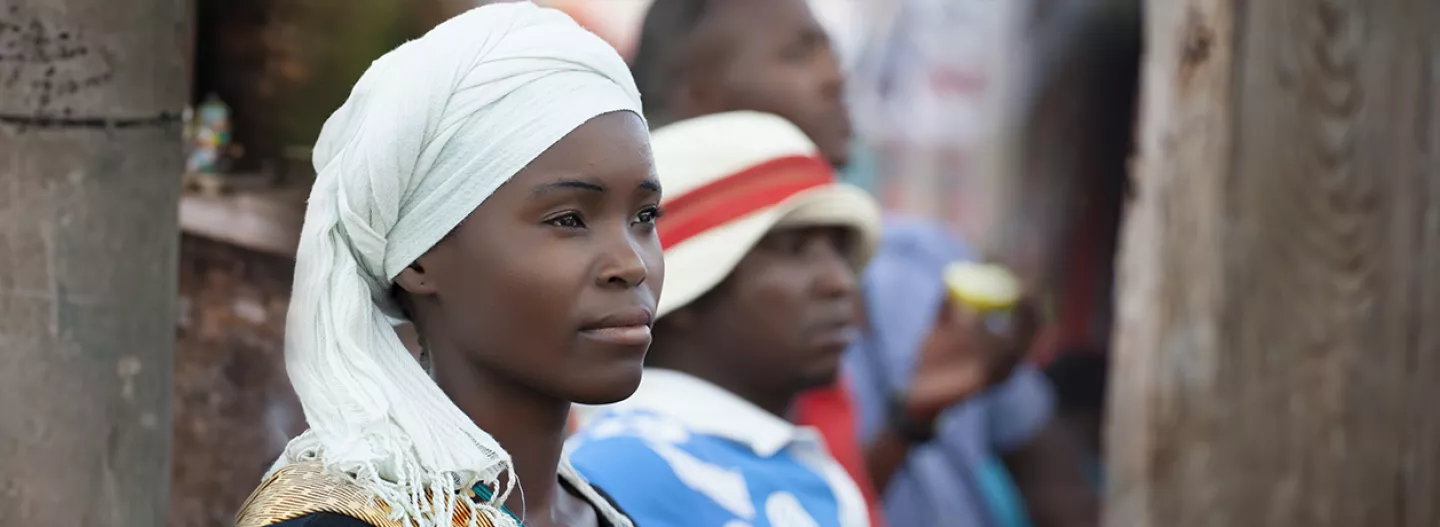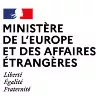Media Parity

Goals
Presentation
In Botswana, Lesotho, Malawi, Mozambique and Zambia, gender equality in the media remains a crucial challenge. To remedy these disparities and improve the representation of women, who are often marginalised or stereotyped in media content, CFI has launched the Media Parity project. The aim of this project is to promote high-quality, gender-sensitive journalism by giving women a voice and fully including them in the media landscape.
Through training courses in gender-sensitive journalism, personal development sessions and harassment awareness initiatives, Media Parity provides media professionals with the tools they need to increase the participation of women as sources of expertise and leadership. This project strives to create awareness of the issues surrounding gender equality among the general public, starting with better representation of women and greater awareness.
In addition, Media Parity seeks to strengthen South-South cooperation on these key issues. Regional meetings will be organised to encourage the sharing of experience and expertise, at the same time as creating a robust network of journalists and media from the five partner countries.
Project beneficiaries
- 22 media outlets in Southern Africa (5 in Botswana, Malawi, Mozambique and Zambia; 2 in Lesotho), including 22 media managers (1 per media outlet) who will who will undergo awareness-raising about the project's themes in order to promote the full involvement of their media in the activities.
- 88 journalists who will take part in training sessions and mentoring on gender-sensitive journalism, and personal development and harassment awareness workshops.
- All the staff members of each media outlet will benefit from a workplace-based activity to raise awareness of harassment.
Actions
Strengthening the media's ability to produce content that integrates gender equality issues and reflects women's specific concerns.
- Regional workshop to raise awareness of the project’s challenges.
- Training courses in gender-sensitive journalism.
- Remote coaching and support for the production of gender-sensitive content.
- Project closing conference.
Strengthening women's capacity to access positions of editorial responsibility and the ability of media outlets to protect them from sexual harassment.
- Workshops on female leadership, empowerment and combating the harassment of women journalists.
- Workshops on positive masculinity and combating the harassment of women journalists.
- Workplace-based harassment awareness days.


